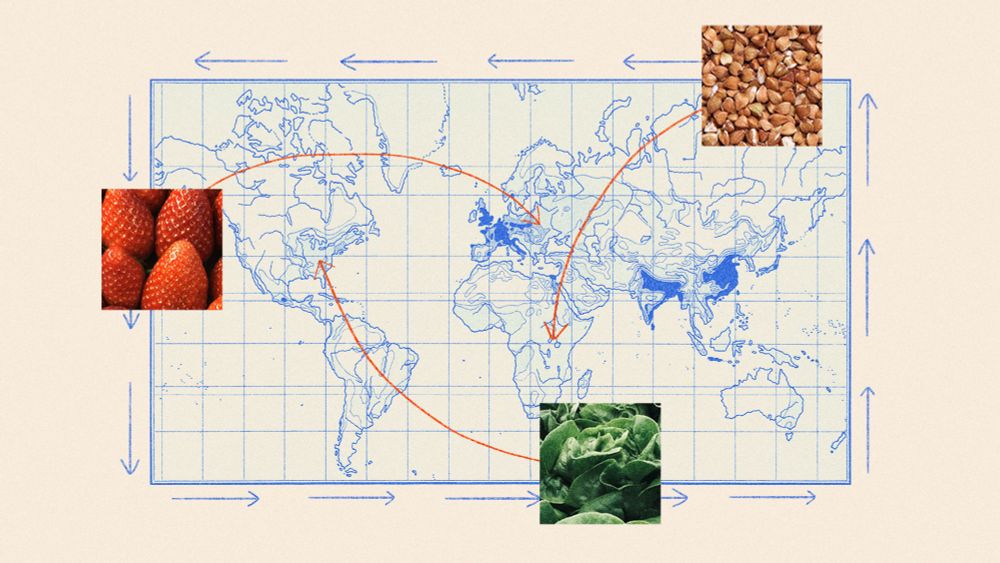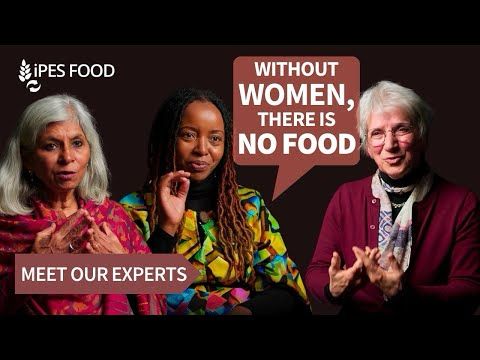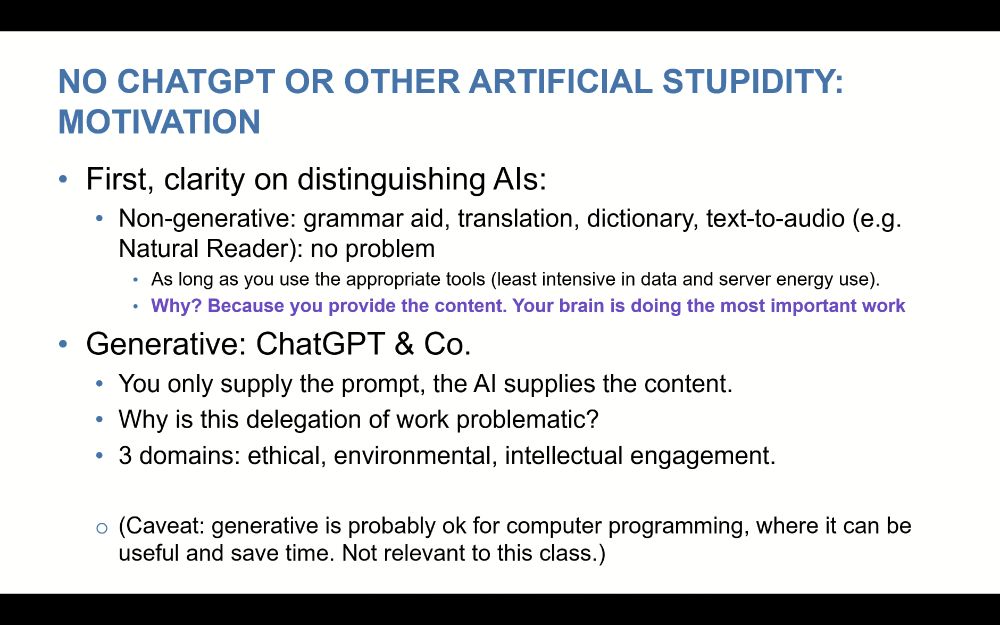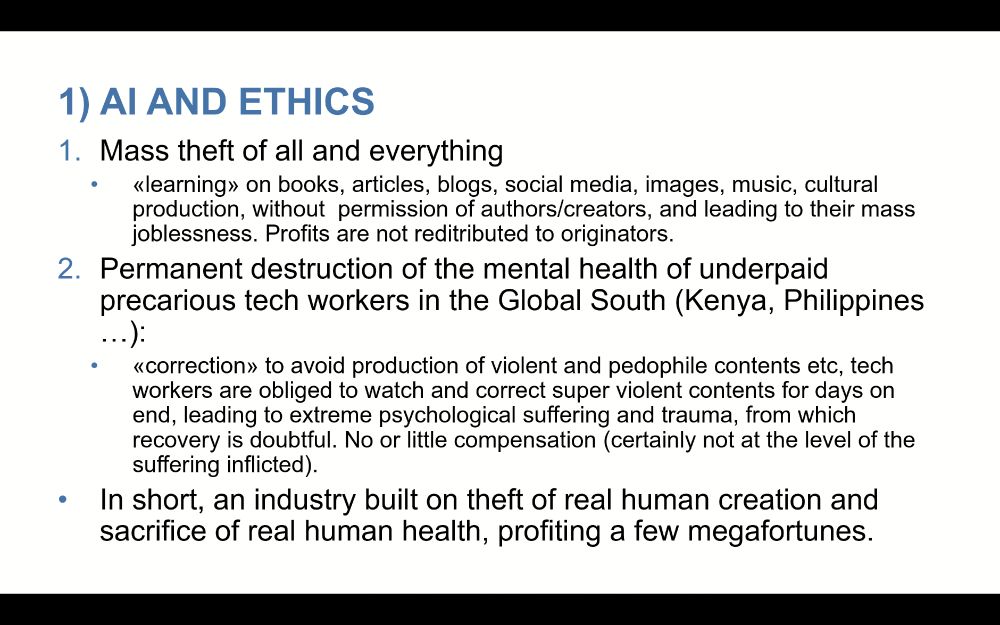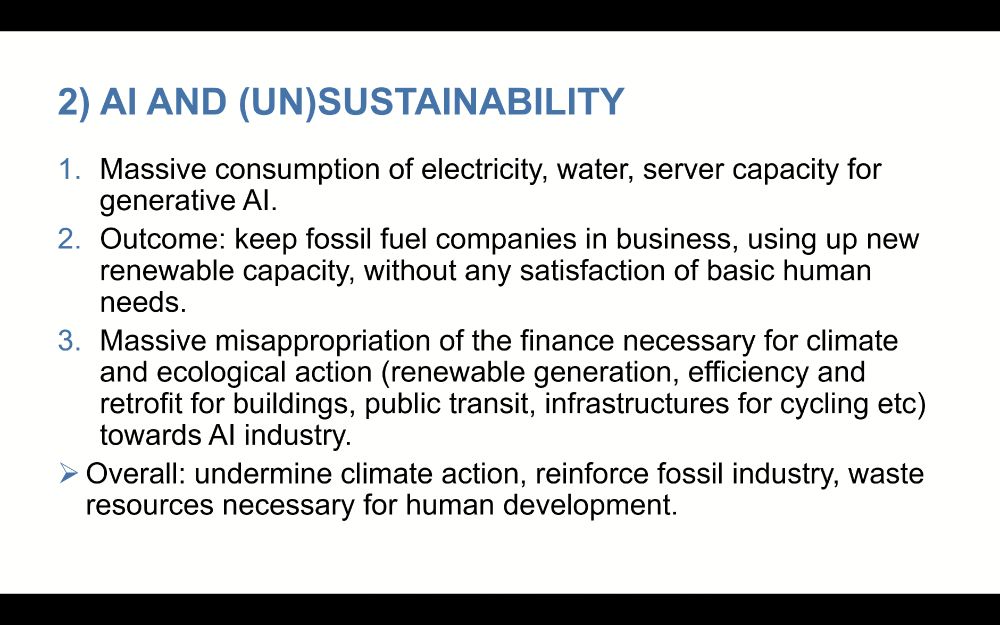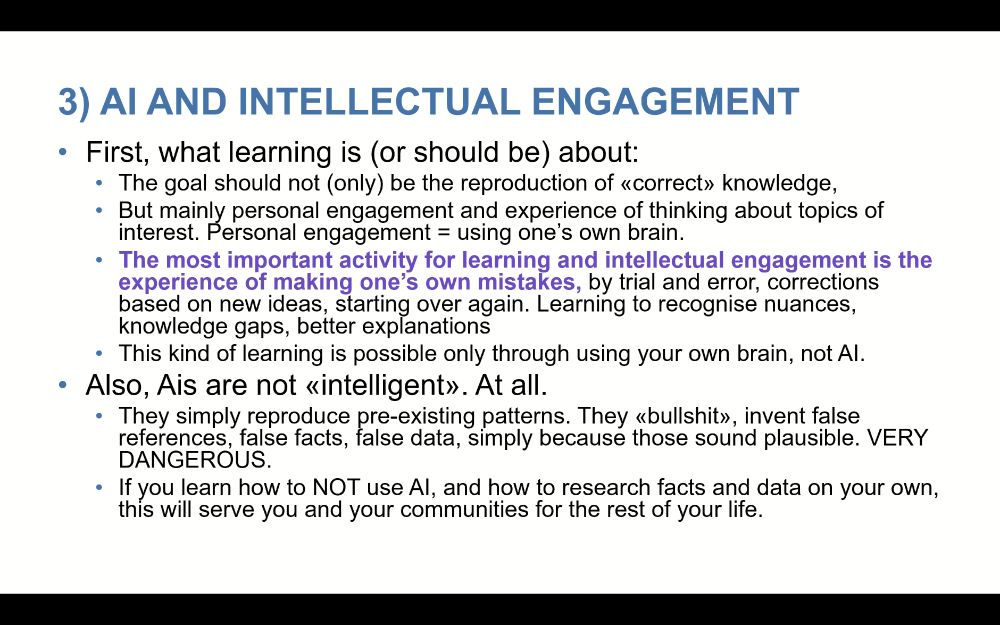Ana J. Cabrera Pacheco
@ana-j.bsky.social
110 followers
120 following
46 posts
visiting researcher - currently applying to jobs || working with Indigenous communities in post-disaster contexts on food, plants, and (im)mobilities || a feminist geographer & decolonial scholar || yucateca
Posts
Media
Videos
Starter Packs
Pinned
Ana J. Cabrera Pacheco
@ana-j.bsky.social
· Dec 26

Traditions and territories of Maya women in the Peninsula of Yucatán
Following decolonial and feminist geographic perspectives, in this paper I look at the everyday (re)productive work of Maya women in their home-gardens in the Peninsula of Yucatán, Mexico. Building...
www.tandfonline.com
Ana J. Cabrera Pacheco
@ana-j.bsky.social
· Jul 29
Ana J. Cabrera Pacheco
@ana-j.bsky.social
· Jun 26
Reposted by Ana J. Cabrera Pacheco
Reposted by Ana J. Cabrera Pacheco
Ana J. Cabrera Pacheco
@ana-j.bsky.social
· May 27
Reposted by Ana J. Cabrera Pacheco
Mongabay Latam
@mongabaylatam.bsky.social
· May 14

Al rescate del Caribe mexicano: ciudadanos proponen leyes para frenar impactos ambientales del avance inmobiliario en Quintana Roo
Ante la degradación ambiental en Quintana Roo, ciudadanos presentaron iniciativas de leyes para regular el crecimiento urbano sin control.
tinyurl.com
Ana J. Cabrera Pacheco
@ana-j.bsky.social
· Apr 24
Ana J. Cabrera Pacheco
@ana-j.bsky.social
· Apr 21
Ana J. Cabrera Pacheco
@ana-j.bsky.social
· Apr 14
Ana J. Cabrera Pacheco
@ana-j.bsky.social
· Mar 20
Ana J. Cabrera Pacheco
@ana-j.bsky.social
· Mar 20
Reposted by Ana J. Cabrera Pacheco
Reposted by Ana J. Cabrera Pacheco
Reposted by Ana J. Cabrera Pacheco
Ana J. Cabrera Pacheco
@ana-j.bsky.social
· Feb 24




